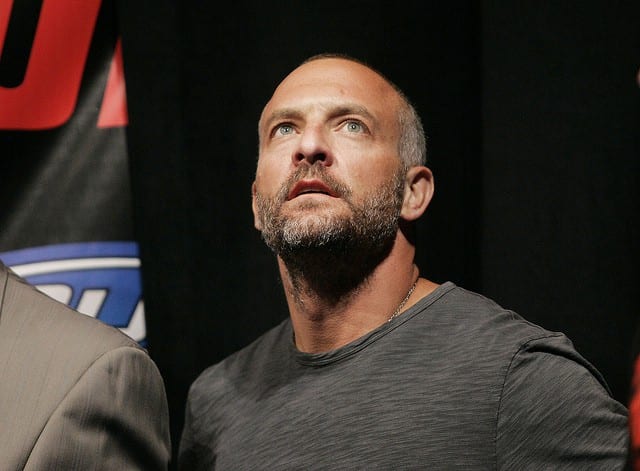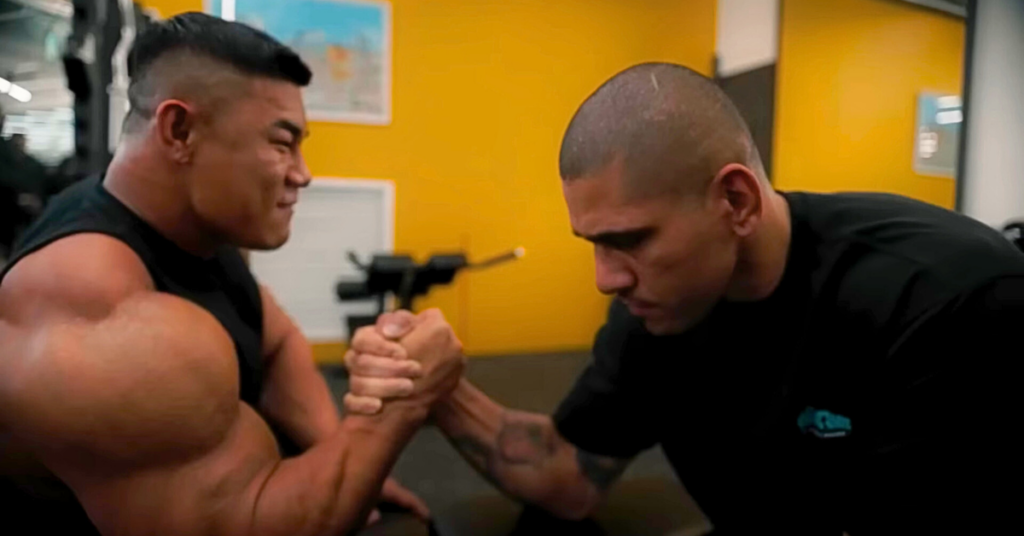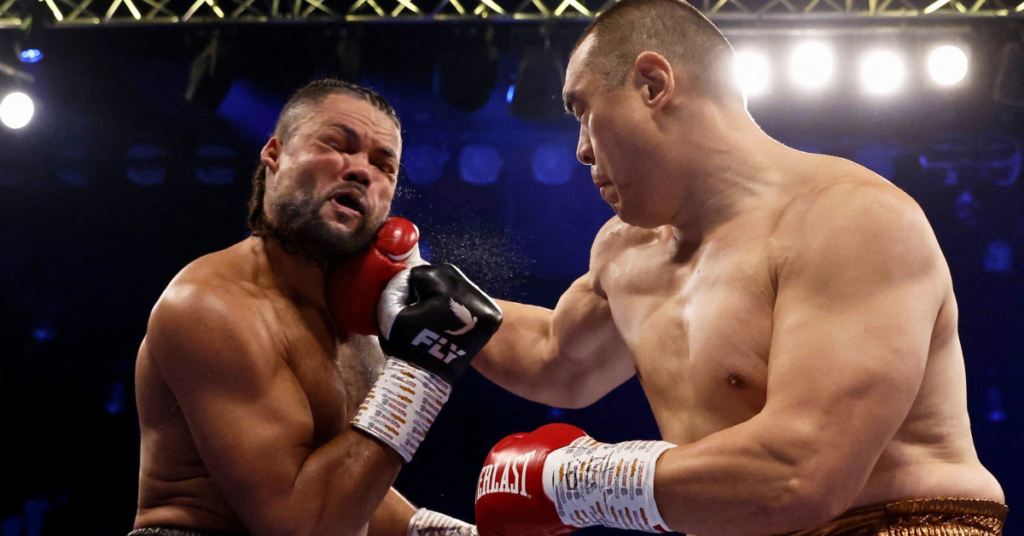Lorenzo Fertitta Details UFC’s New Random Drug Testing Plan

The black cloud of performance-enhancing drugs (PEDs) continues to hang heavy over the UFC.
Last night (Tues., September 30, 2014) news broke that middleweight Cung Le tested positive for human growth hormone (HGH) following his UFC Fight Night 48 loss to Michael Bisping, becoming the third fighter to essentially see their career ended by PEDs this year.
Le joined both Chael Sonnen and Wanderlei Silva as disgraced fighters who will most likely never fight in the UFC again after running afoul of the Nevada Athletic Commission (NAC). Sonnen was dealt a two-year suspension, Silva was banned for life, and Le received the lightest punishment with a 12-month suspension.
The UFC originally stated that he was dealt a nine-month sit, but later amended that statement today. His return, if there ever is one, will still be contingent upon him passing a drug test:
After review by UFC Senior Management, an error was discovered regarding the length of Cung Le’s suspension due to a failed drug test. While originally stated as nine months, the correct suspension period to be enforced is 12 months.
Le tested positive for an excess level of Human Growth Hormone in his system following his fight at UFC Fight Night in Macao, China on August 23. He will still be required to pass a drug screening before being allowed to compete in the UFC following the completion of his suspension.
Many fighters have publicly declared that very high percentage of fighters are on something, and the UFC has felt increasing pressure to root out the problem from within.They made an attempt to do so earlier this year, as random drug testing was announced for the first time.
Tonight (Wed., October 1, 2014) UFC CEO Lorenzo Fertitta appeared on UFC Tonight to address the issue of PEDs, noting that the promotion has increased their standards. With the changes, each fighter will be randomly tested multiple times over the course of a year:
Feritta on PED issues in the UFC: “We’ve stepped up our game on testing. For these athletes, there’s no place to hide.” — UFC Tonight (@UFCTonight) October 2, 2014
Fertitta: We’re working on a plan that will randomly test every fighter on the UFC roster multiple times throughout the year. — UFC Tonight (@UFCTonight) October 2, 2014
It sounds like the UFC means business, and they should. There’s not much doubt that PEDs make the UFC and MMA as a whole look bad, perpetuating the stereotypes that MMA fighters are testosterone-fueled drug abusers. While that’s obviously not the case, it appears that more and more fighters are failing for illegal substances.
It may just be that the increased testing is rooting out the culprits with greater efficiency, but as always, people will find a way to cheat.
Has the UFC found the way to curtail that, or will PEDs continue to paint the sport of MMA in a bad light?
Photo: Jayne Kamin-Oncea for USA TODAY Sports






